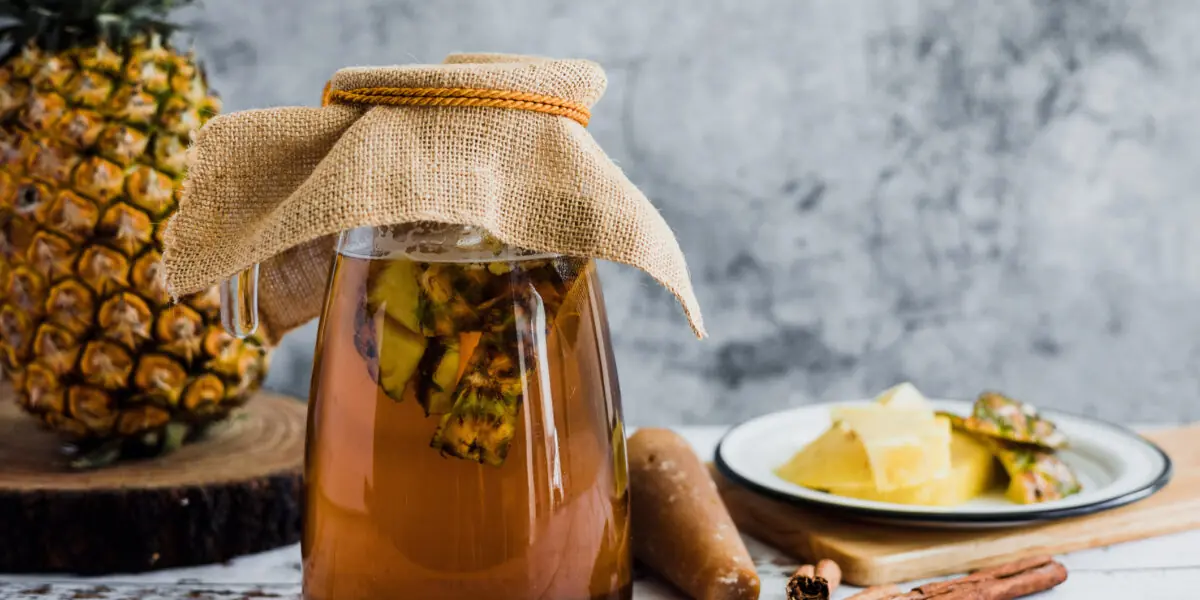
Top 11 Nutrients To Destroy Cancer Stem Cells
What you put on your plate could play a much bigger role in cancer prevention and treatment than you might think—especially when it comes to cancer stem cells. These dangerous cells are not like regular cancer cells. They’re more aggressive, harder to kill, and have the frightening ability to resist treatment, spread cancer to new areas, and cause tumors to regrow, even after therapy.
Cancer stem cells have the unique capacity to self-renew, transform into multiple types of cells, and resist chemotherapy and radiation. This makes them one of the key challenges in modern cancer treatment.
However, there's good news: nature provides powerful tools to help fight these cells. Many plant-based nutrients found in everyday foods can target the very mechanisms that allow cancer stem cells to survive and thrive.
🔬 Why Targeting Cancer Stem Cells Is Crucial
Conventional treatments like chemotherapy or radiation may shrink tumors, but they often fail to eliminate cancer stem cells, which can lead to recurrence and metastasis. That’s why eliminating these cells at the root is essential—not just for treating cancer, but for preventing it from returning.
By eating the right foods, rich in specific nutrients, you can help:
-
Stop cancer stem cells from multiplying
-
Trigger their destruction through apoptosis (cell death)
-
Reduce inflammation, which often fuels cancer
-
Strengthen the immune system’s ability to detect and destroy cancer cells
Below are 11 science-backed nutrients shown to directly affect cancer stem cells, plus actionable tips on how to use them in your daily diet.
🔝 Top 11 Nutrients That Destroy Cancer Stem Cells
#11 – Beta-Glucans

Found in medicinal mushrooms like Reishi, Shiitake, Maitake, and Turkey Tail, beta-glucans are natural compounds that stimulate your immune system to detect and eliminate cancer stem cells.
These polysaccharides have been shown to activate immune cells such as macrophages and natural killer (NK) cells, which are crucial in fighting off tumors. Turkey Tail and Reishi extracts in particular have demonstrated strong anti-cancer effects in patients with breast, lung, and digestive cancers.
🔁 Daily Tip: Incorporate medicinal mushroom supplements or enjoy them in teas, soups, or stir-fries for consistent immune support.
#10 – Anthocyanins
These antioxidants give fruits and vegetables their rich red, purple, and blue hues. Found in berries (especially bilberries), grapes, eggplant, blood oranges, and tea, anthocyanins help disrupt the communication between cancer stem cells and tumors.
They’ve been shown to:
-
Activate tumor-suppressing genes
-
Trigger apoptosis in colon and breast cancer cells
-
Block the spread of leukemia
🫐 Pro Tip: Eat both fresh and frozen berries daily—aim for at least 1 cup to maximize their protective benefits.
#9 – Quercetin
Quercetin is a powerful flavonoid found in foods like apples (with peel), onions, raspberries, green tea, red wine, and capers. It acts as an antioxidant and inhibits cancer cell growth by suppressing genes that fuel cancer development.
In leukemia, for instance, quercetin helps disable specific pathways that keep cancer cells alive.
🍎 Fun Fact: Apples are rich in both quercetin and fiber—another cancer-fighting ally. Don’t peel them!
#8 – Vitamin D3

Most people are deficient in vitamin D, and that deficiency may leave them more vulnerable to cancer. Vitamin D3 supports the immune system and helps produce GcMAF, a protein that enhances immune response to cancer.
Studies show that 20,000 IU/day of vitamin D3 can slow tumor progression and reduce inflammation. It’s also linked to lower risks of breast, colon, and prostate cancers.
☀️ Health Tip: Get your levels tested! Supplement as needed and spend more time in sunlight when possible.
#7 – Curcumin (from Turmeric)
Curcumin, the active ingredient in turmeric, is one of the most powerful natural compounds studied for its anti-cancer properties.
It can:
-
Suppress tumor growth
-
Inhibit new blood vessel formation in tumors (angiogenesis)
-
Interfere with gene expression in cancer stem cells
-
Promote apoptosis
Studies show curcumin affects over a dozen types of cancer, including pancreatic, liver, breast, lung, and brain tumors.
⚠️ Important: Combine curcumin with black pepper (which contains piperine) and a fat-rich meal to increase absorption.
#6 – Lycopene

Lycopene is a carotenoid that gives tomatoes, watermelons, and pink grapefruits their red color. It has been shown to disrupt communication between cancer cells, effectively triggering cell death in cancers such as prostate, colon, lung, and cervical cancer.
🍅 Cooking Tip: Cooking tomatoes increases lycopene availability. Try organic tomato sauce or roasted tomatoes with olive oil for a bioavailable boost.
#5 – Sulforaphane
This potent compound is found in cruciferous vegetables like broccoli, cauliflower, Brussels sprouts, and kale. It's known to:
-
Neutralize carcinogens
-
Increase detoxifying enzymes
-
Reduce inflammation
-
Enhance gut health and immune defense
Broccoli sprouts contain up to 100x more sulforaphane than mature broccoli, making them a cancer-fighting powerhouse.
🥦 Daily Dose: Add a handful of broccoli sprouts to salads or smoothies, or take a supplement if needed.
#4 – EGCG (Epigallocatechin Gallate)
Found in green tea and especially in matcha, EGCG is a catechin that blocks cancer cell signaling, prevents growth, and reduces the ability of cancer stem cells to spread.
🍵 How to Use: Sip 2–3 cups of green tea daily or include matcha in smoothies. For stronger effects, consider an EGCG supplement (400–800 mg/day).
#3 – Resveratrol
This polyphenol is found in red wine, grape skins, blueberries, and peanuts. It’s been linked to improved DNA repair, longevity, and reduced inflammation—key factors in fighting cancer.
Resveratrol interferes with multiple cancer-related pathways and has shown promising results in colon, liver, prostate, and pancreatic cancers.
🍷 Note: A glass of red wine can offer some resveratrol—but supplements provide a more reliable dose.
#2 – 6-Gingerol
This bioactive compound in ginger offers anti-inflammatory, antioxidant, and cancer-fighting properties. It reduces free radicals and supports nervous system health.
Research shows it can inhibit the growth of various types of cancer, including ovarian, breast, and pancreatic cancers.
🍽️ Tip: Drink ginger tea, cook with fresh ginger, and experiment with fermented ginger like in kimchi or pickled sushi ginger.
#1 – Ursolic Acid
Ursolic acid is a potent triterpenoid found in apple peels, holy basil, rosemary, oregano, and thyme. It helps stop cancer stem cells by:
-
Reducing inflammation
-
Promoting apoptosis
-
Inhibiting metastasis
It has demonstrated anti-cancer effects against breast, lung, colon, and skin cancers.
🌿 How to Use: Season your food with herbs rich in ursolic acid and consider taking a supplement (150–300 mg, up to 3x/day).
🥗 Anti-Cancer Diet Tips: What to Avoid and What to Add
Want to boost your cancer-fighting efforts? Here are some evidence-based dietary recommendations:
❌ Foods to Avoid:
-
Dairy products (may increase inflammation and hormone levels)
-
Processed meats (classified as carcinogenic by WHO)
-
Sugary drinks and soda (fuel cancer cells through insulin spikes)
-
Highly refined carbs (cause chronic inflammation)
✅ Foods to Add:
-
Berries: Daily dose of antioxidants and phytochemicals
-
Medicinal mushrooms: 2 per day, such as Reishi or Turkey Tail
-
Organic green juices: Rich in chlorophyll, vitamins, and minerals
-
Whole foods: Focus on vegetables, fruits, legumes, and whole grains
-
Lean protein: Choose poultry, fish, or plant-based sources
-
Limit red meat: Especially processed and grilled varieties
💡 Lifestyle Reminder: Combine a cancer-preventive diet with regular physical activity, stress reduction, adequate sleep, and proper hydration to support a strong immune system and optimal health.
🌿 Final Thoughts
The power to fight cancer lies partly in your kitchen. By making intentional choices about the foods and nutrients you consume, you can take active steps toward preventing, managing, and even reversing cancer progression.
Nature provides many of the tools—it's up to you to use them wisely.
News in the same category


The Silent Threat: Recognizing Early Signs of Kidney Disease and Lifestyle Prevention

Baking Soda (Bicarbonate of Soda): Uses and Benefits (Science Based)

Benefits of Walking: Why Walking is One of the Best Forms of Exercise 🚶♀️

If you have leg cramps at night, it means you have..

Thinking of drinking baking soda? Read this first for the truth!
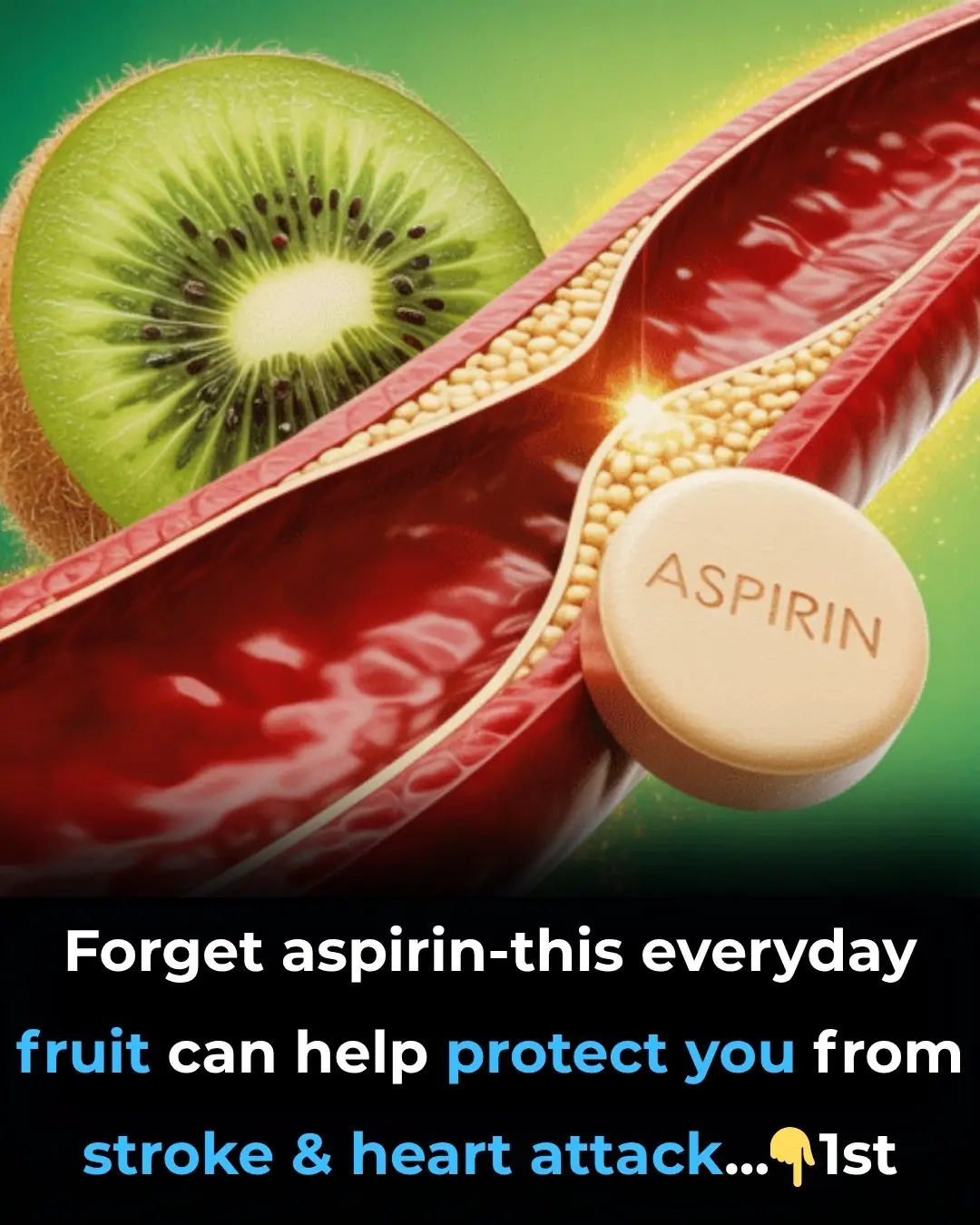
Forget aspirin—this everyday fruit can help protect you from stroke and heart attack
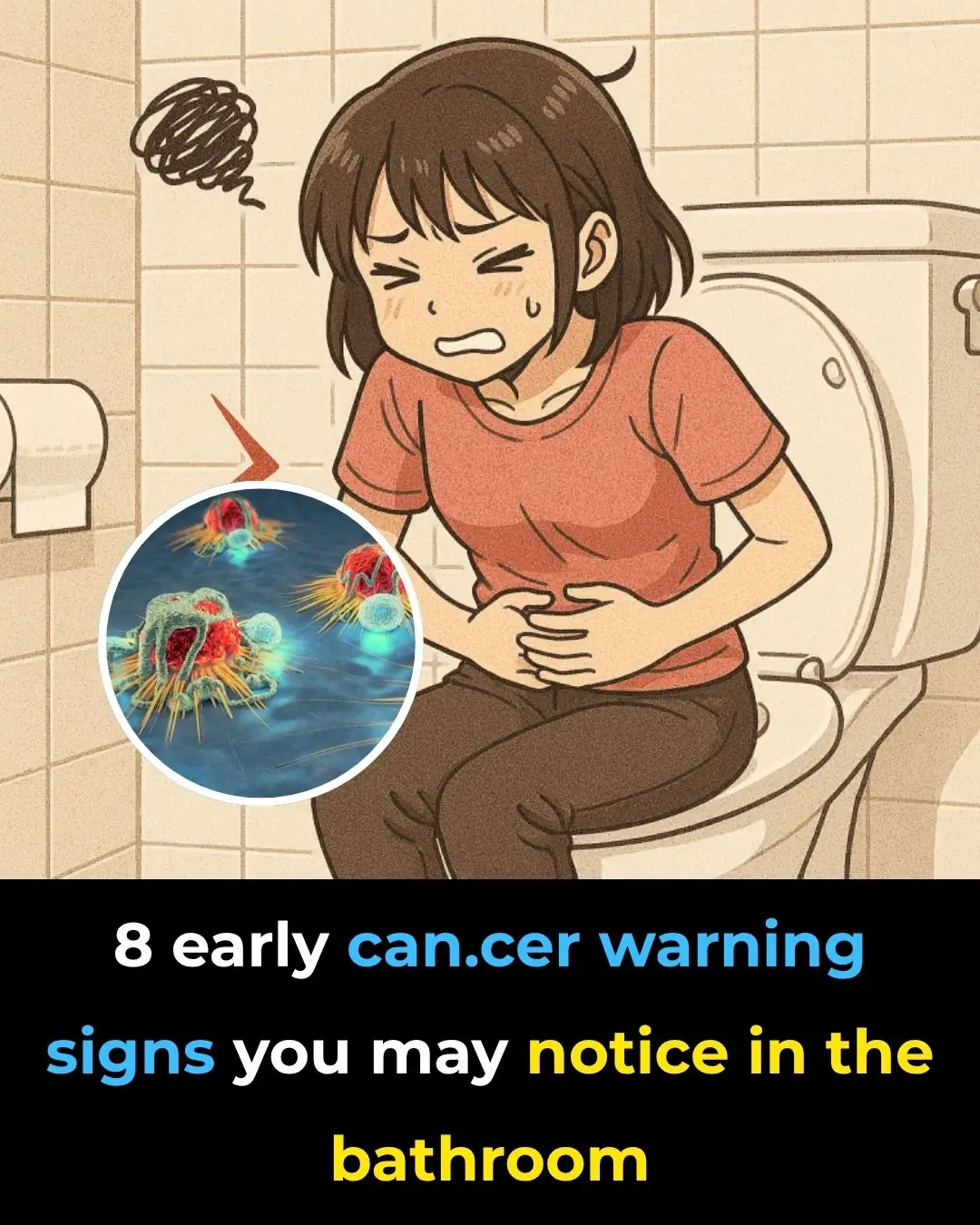
8 Sh0cking Toilet Clues That Could Signal Canc3r: Don’t Ignore Them!

14 Warning Signs Your Body Is Running Low on Magnesium and How to Get It
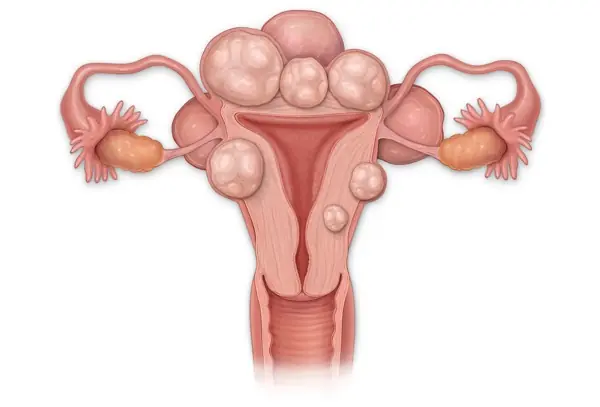
7 Early Signs of Uterine Fibroids Too Many Women Ignore
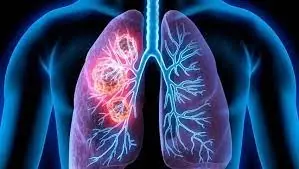
7 Early Signs and Symptoms of Lung Cancer You Should Never Ignore

High Blood Sugar Warning Signs

Eat 2 Eggs Every Morning and Feel These Powerful Health Effects Take Over Your Body
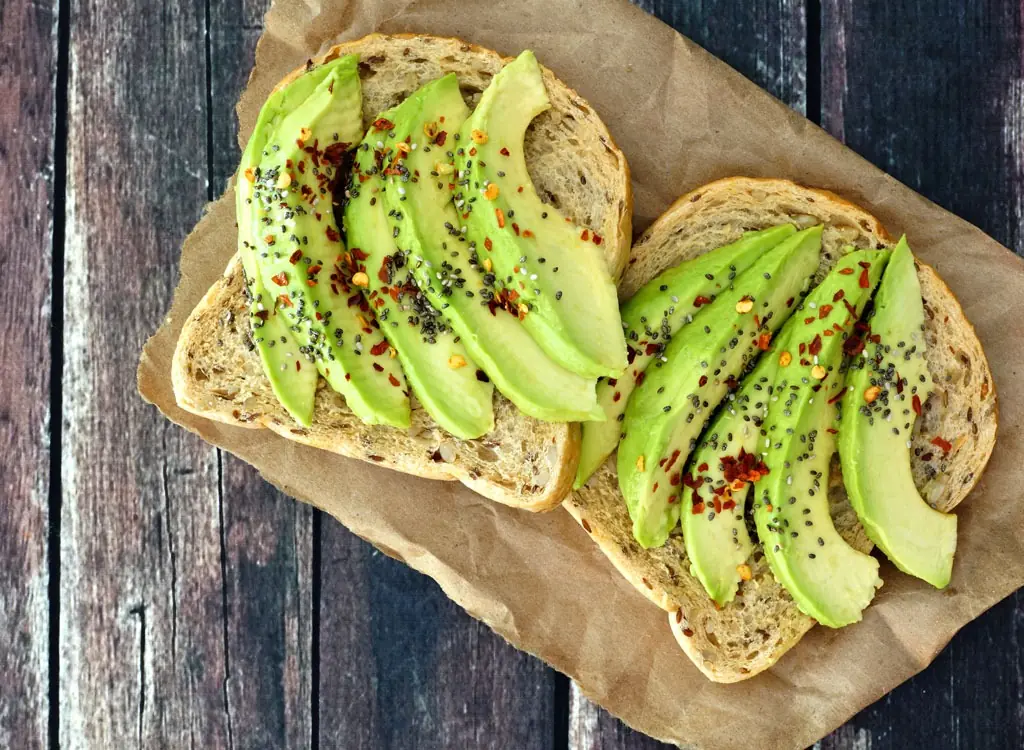
Avocado Power: The Scientifically Proven Health Benefits of the Fruit (and the Seed!)
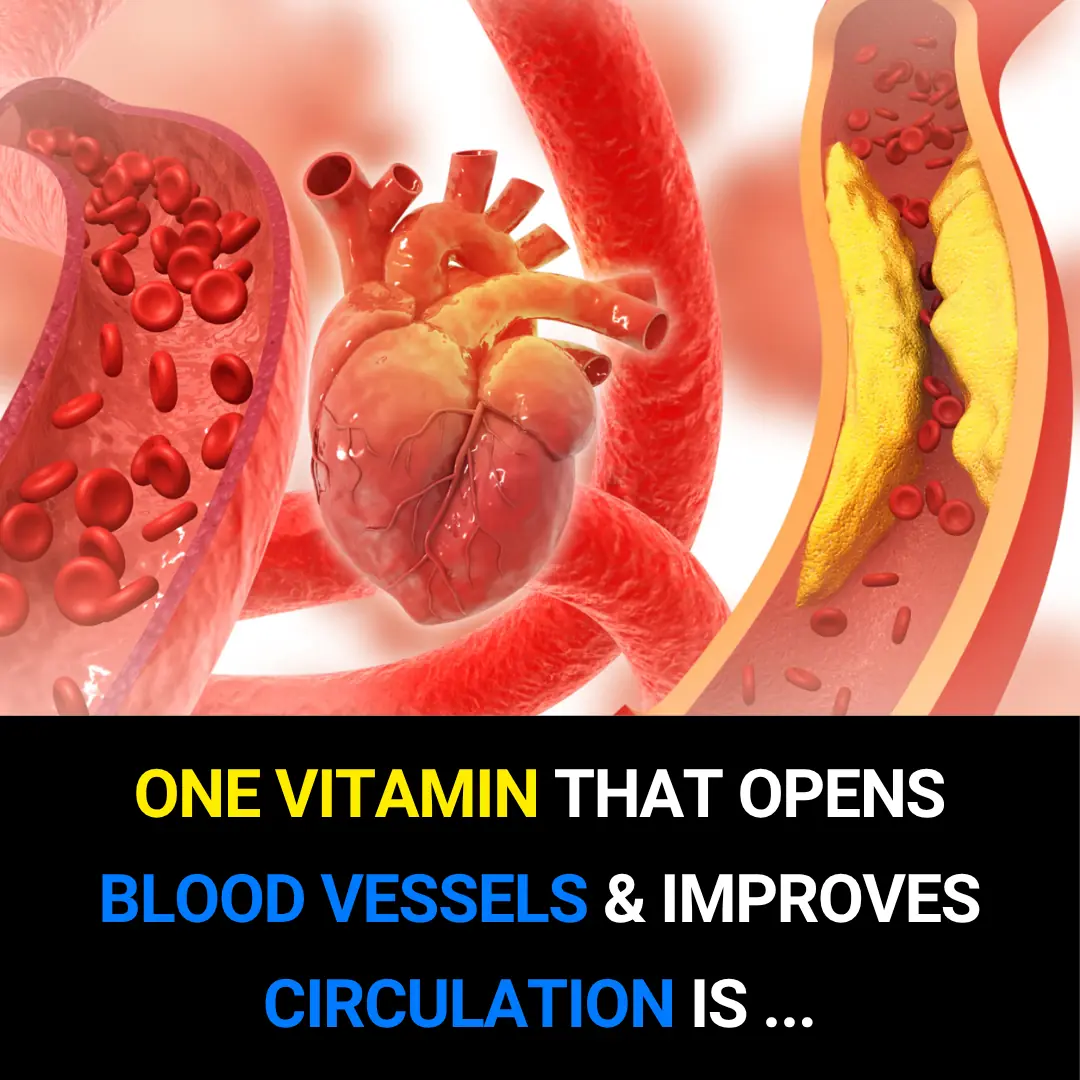
One Vitamin That Could Transform Your Circulation: Niacin (Vitamin B3)

Body Suddenly Jerks While You’re Falling Asleep? This Is What It Means

pH Balance and Your Health: Signs of Acidosis and How to Alkalize
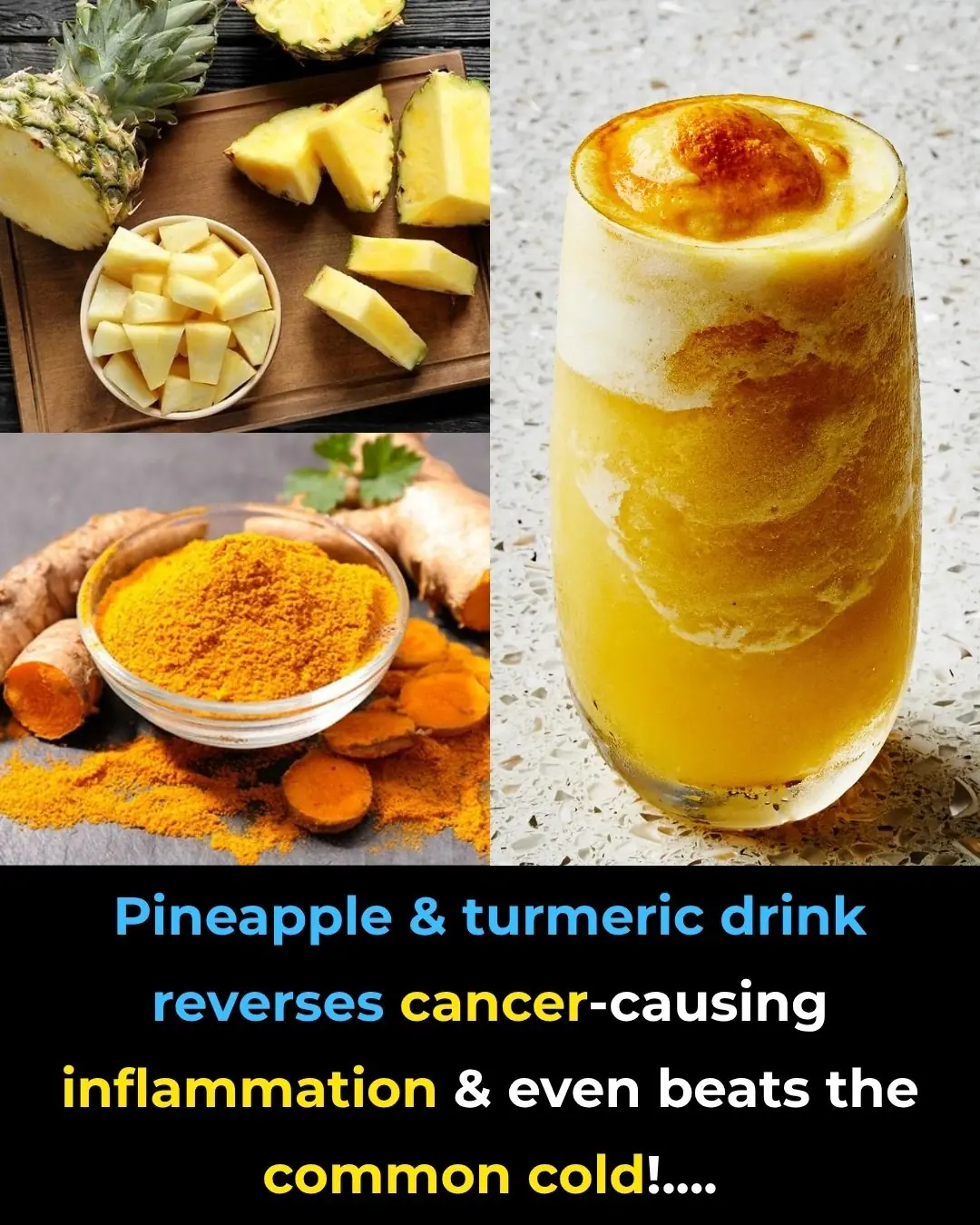
Pineapple And Turmeric Drink Reverses Cancer-Causing Inflammation And Even Beats The Common Cold!
News Post

Pineapple Water: A Refreshing Drink That Supports Your Health

The Silent Threat: Recognizing Early Signs of Kidney Disease and Lifestyle Prevention

A Heartwarming Encounter: A Child’s Innocence and the Power of Love.

The Stranger Who Stopped: How One Man’s Compassion Saved a Life on a Busy Georgia Road

Baking Soda (Bicarbonate of Soda): Uses and Benefits (Science Based)

A Father’s Day Gift Like No Other: A Daughter’s Kidney, A Father’s Second Chance

Benefits of Walking: Why Walking is One of the Best Forms of Exercise 🚶♀️

Maliyah’s Fight: A Fifteen-Year-Old Cheerleader Battling Stage 4 Cancer With Courage and Faith

No Cake, No Balloons: A Firefighter’s Quiet Birthday of Purpose and Service

Orangutan Secretly Watches Over Woman During Jungle Survival Challenge

“The Stranger on a Plane: How One Man’s Kindness Gave a Mother the Gift of Rest”

A Little Fighter’s Final Victory: Remembering Bryson’s 1,027-Day Battle

A Match Made in Dog Heaven: A Toddler and Her Puppy Who Share a Special Bond

A Simple Act of Kindness That Changed Everything: The McDonald’s Employee Who Went Above and Beyond

The Mystery of the Milk Bottle Dent

Pick Your Robin

Never leave a charger plugged in when empty: here are the 3 main reasons.
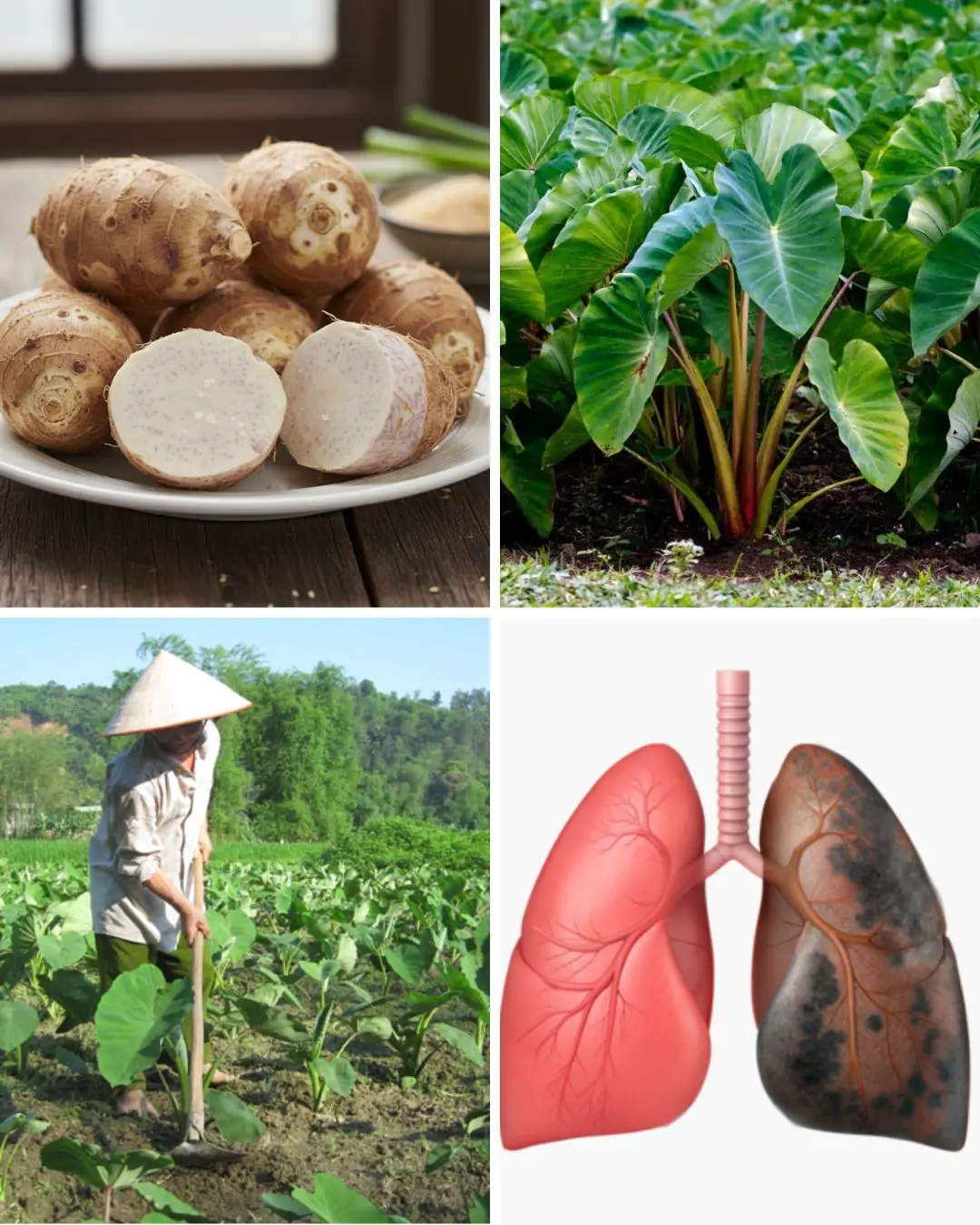
🌱 Taro Unraveled: The Hidden Power of This Ancient Root
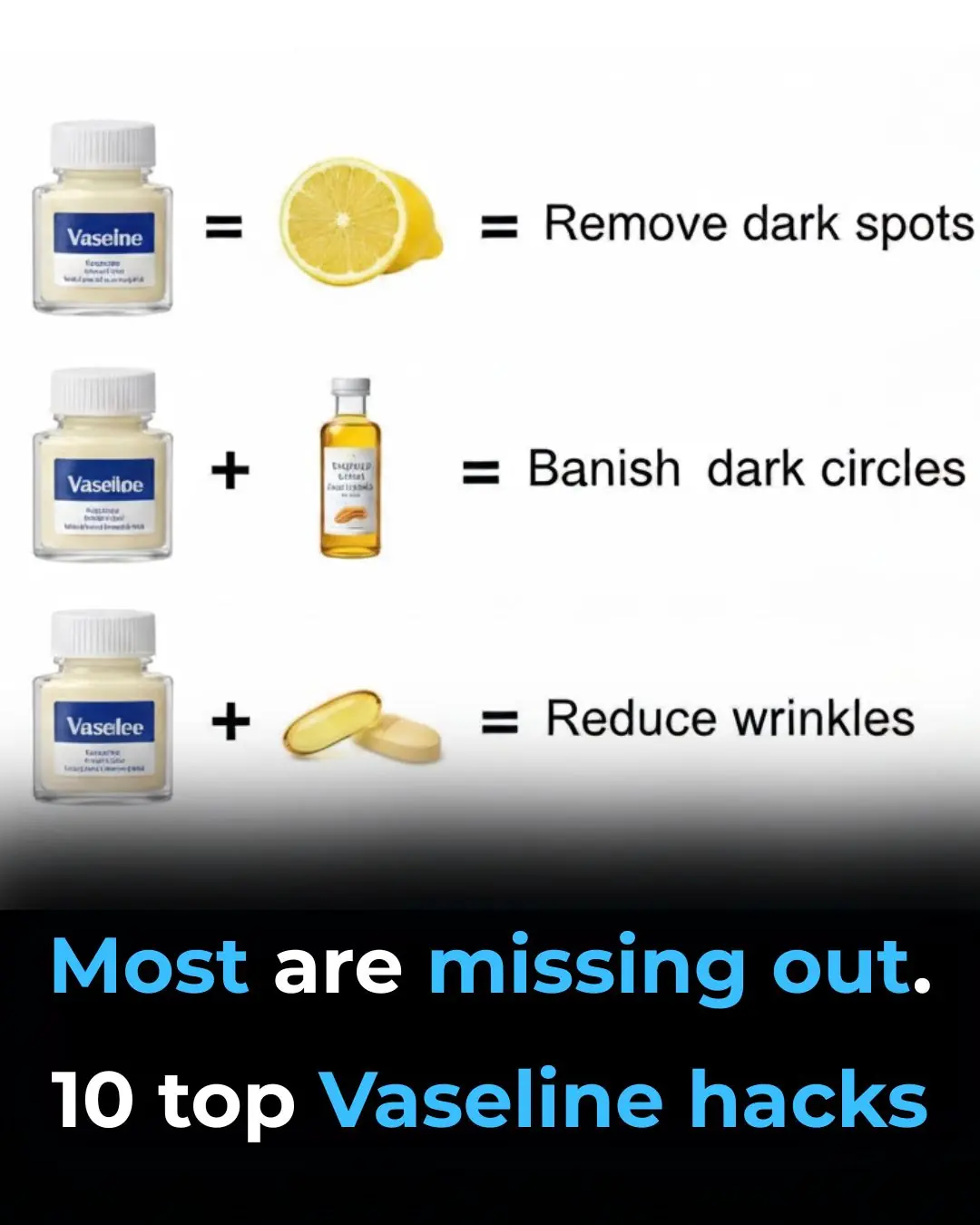
10 Vaseline Hacks You Probably Haven’t Tried Yet
